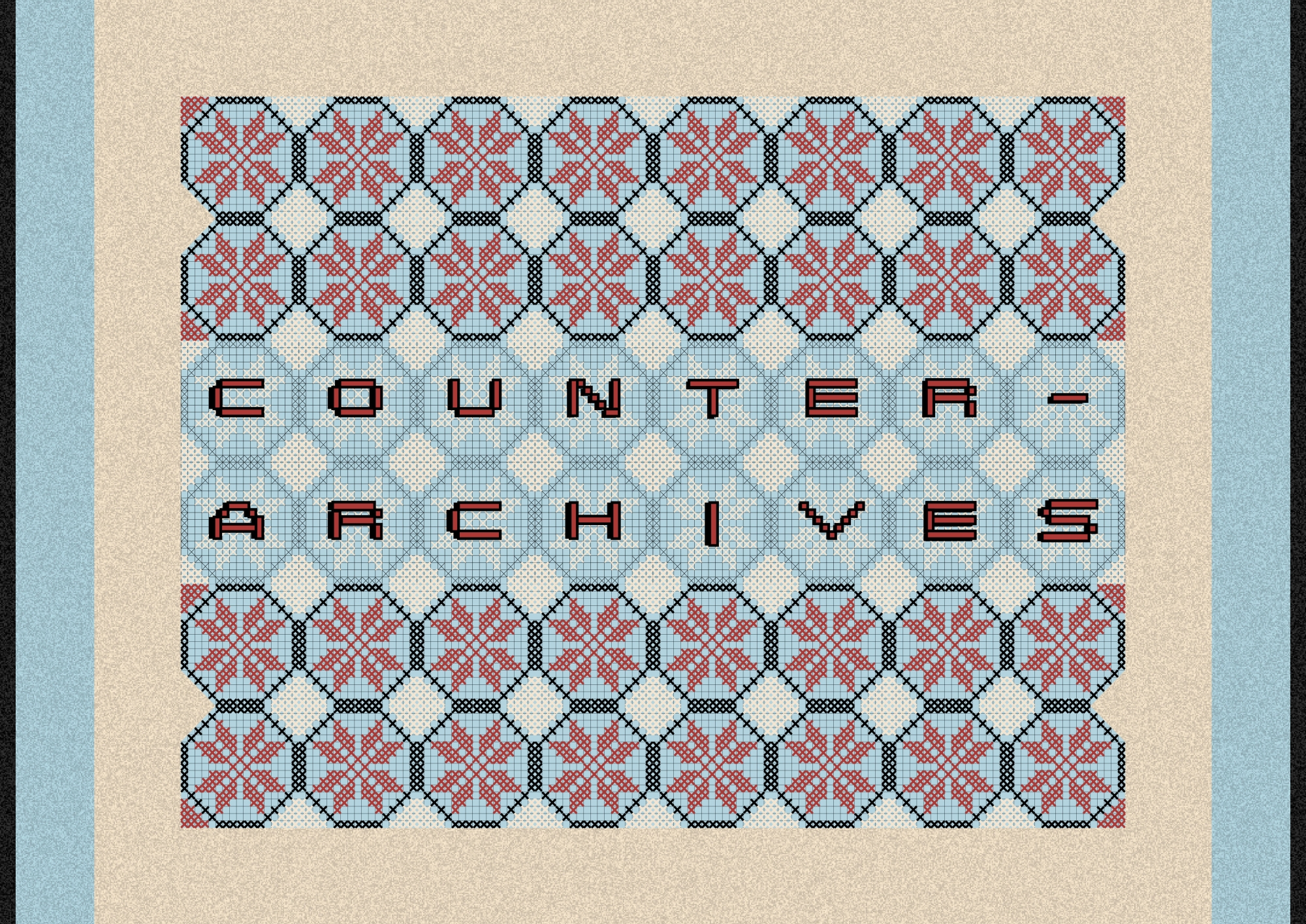Collective Writing: Notes on Methodology
eng-final-insta-post-01.jpg

Write with your eyes like painters, with your ears like musicians, with your feet like dancers. You are the truthsayer with quill and torch. Write with your tongues of fire. Don't let the pen banish you from yourself. Don't let the ink coagulate in your pens. Don't let the censor snuff out the spark, nor the gags muffle your voice. Put your shit on the paper.
Gloria Anzaldúa, “Speaking in Tongues: A Letter To 3rd World Women Writers”
The Circle’s Conspiracy of Writers
Also known as the Teta Research Network. The conspiracy’s members are: Ahmad Qais Munhazim, Ahmed Awadalla, Alina Achenbach, Barbara Dynda, Cindy Salame, Dalal Alfares, Debarati Sarkar, Farah Galal Osman, Ghiwa Sayegh, J. Daniel Luther, Jean Makhlouta, Lina Koleilat, Hanna Al-Taher, Maria Najjar, Maya Bhardwaj, Madhulika Sonkar, Malek Lakhal, Myriam Amri, Niharika Pandit, Nour Almazidi, Roya Hasan, Sara Elbanna, Sara Tonsy, Sherine Shallah, Wazina Zondon, and Zenab Ahmed.
Our methodology consists in casting a circle, inviting our ghosts and affects, and invoking our ancestors and histories – how we have come into politics. We let them do the guiding to weave into palpable text, fragments of our multitudes. By grieving together, we create magic together.
Fuck the Fucking Lines
The theatricality of the text with its directional notes add to the performance of reading a manifesto before going to bed. One is asked to commit to the text with their embodied presence. The typographical incongruence often becomes full sized images within the text engaging in a dialogue with the written word. “Ghost” appears to represent the phantom presence of the writers’ thoughts, comments, and suggestions as they appeared in the original version of Fuck the Fucking Lines. Ghost belongs to a liminal space between authorship and anonymity. Fuck the Fucking Lines expects its readers and listeners to get on with the programme as a witness with a job at hand: they are expected to not forget.
The Writing’s Circle Guide to Hijacking Spaces
This manifesto-like guide came about following days of discussing how spaces within academia rest on histories of injustice and exclusion, especially for those of us who remain invested in anticolonial feminist possibilities in intellectual discussion spaces. As we were sat in one of the writing circle meetings, we wrote titles, half thoughts, personal stories, wishes, strategies, then read them to each other. This guide is to be handled with care. It is destined to be used to occupy and dismantle the spaces that still profit off of our collective dispossession.
